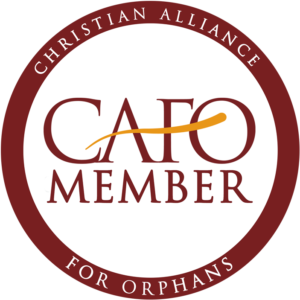My 2 1/2 year old son was born with a cleft palate and a connective tissue disorder called Pierre Robin syndrome. Because of the palate issue, he has to have ear tubes. The ear tubes allow his ear to drain which, in turn, enable him to hear without feeling like he’s under water. Hearing is especially vital in the early years because it ties in with speech.
Judah has had ear tubes in since he was 6 1/2 months old – when he had his palate repaired. So, it surprised us a little bit when he began to ignore us a few weeks ago. To be honest, we were starting to get really upset with him. We thought he was moving into that “toddler stage” where he was intentionally choosing not listen to his parents.
One day, it finally dawned on us that he may not be able to hear us. So, we started talking at different levels to see if he would respond. He did not. So, we confirmed our suspicion this past week at his ENT doctor. He has mild hearing loss due to the exiting of one tube and movement of the other. Now, everything makes sense to us.
We like to joke that our house sounds like George’s parents (on Seinfeld). On the show, they talk so loud that it is completely ridiculous and funny. Two people sitting right next to each other, yelling across the couch so that the other can hear them. It’s starting to sound like that around my house.
At times, the church looks a lot like my son. Just like Judah, the church is moving right along like life is perfect. There’s only one problem. Judah can’t hear everything that is going on around him. Neither can the church.
We know why our son is ignoring us at times. But, do we know why churches come across as “hearing impaired” when it comes to the orphan crisis? The only reason I even bring this up is because we need your church. We need every church to win this battle.
So, today I’ve decided to start a list of some of the things that may not allow a church to hear clearly, that distract. Then we can begin to address those problems and release the church into the community in order to care for children who need families.
Here are my seven:
1. Program centered, not people centered 2. Debt – keeps our attention centered on one thing, getting out of it. 3. Strife among orphan advocates and church leadership 4. Lacking unity in church leadership 5. Do not understand the need 6. Lack of solutions 7. Fear of the unknown
That’s only 7. There are many more….
What you would add to the list?
Steve



